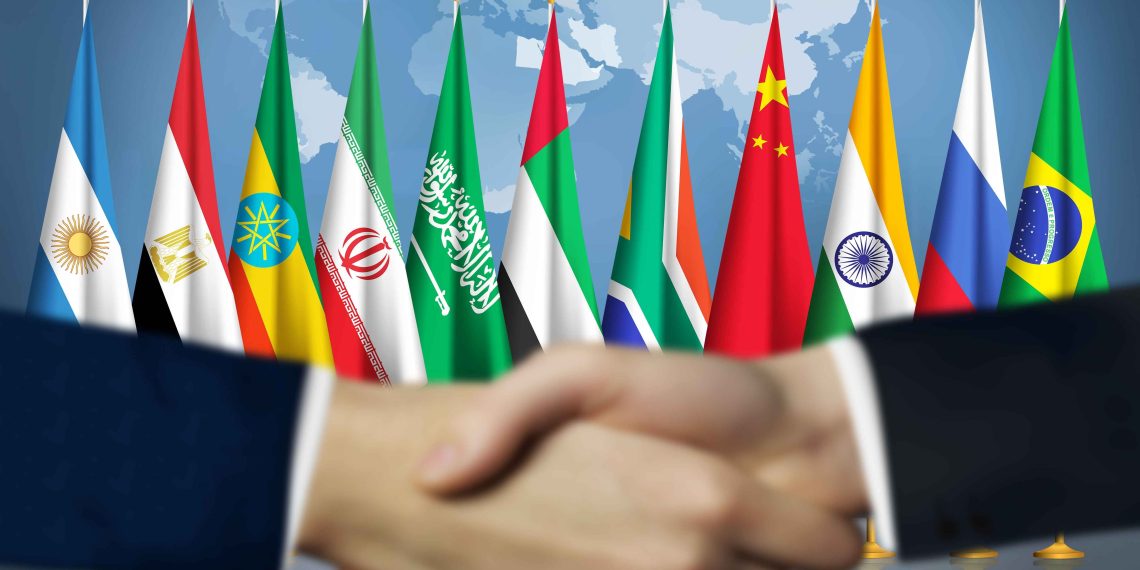The BRICS group, which recently expanded to include five new members, is increasingly attracting interest from developing nations eager to reshape the global economic landscape. This surge in interest reflects a broader desire among countries in the Global South to challenge Western dominance and promote a more equitable world order.
Zimbabwe’s Aspirations
In a notable development, Zimbabwe has expressed its intention to join BRICS, seeking new markets and investment opportunities to bolster its economy. Defense Minister Oppah Muchinguri-Kashiri announced this interest during the “World Majority for a Multipolar World” international forum in Russia. She highlighted Zimbabwe’s belief in BRICS’ potential to counterbalance Western powers and foster a more balanced global landscape.
Cavince Adhere, a Kenyan international relations expert, pointed out that BRICS offers Zimbabwe an opportunity to engage on the global stage while respecting its unique internal conditions. For Zimbabwe, joining BRICS could open up alternative markets for its natural resources, particularly given the current sanctions from Western countries.
Wider Interest from Developing Countries
Zimbabwe’s move comes amid a broader trend of developing nations seeking BRICS membership. The group’s recent expansion in January, which welcomed Saudi Arabia, Egypt, the United Arab Emirates, Iran, and Ethiopia, has already brought its membership to ten. Paul Frimpong, founder of the Africa-China Centre for Policy and Advisory, noted that over 40 countries have shown interest in joining BRICS, driven by a desire for a more equitable global order.
Frimpong explained that BRICS’ emphasis on representing the Global South in international forums like the World Bank and the International Monetary Fund (IMF) is a key factor driving interest. By advocating for a multipolar world, BRICS aims to provide an alternative to Western-dominated financial institutions and policies.
Impact of BRICS Expansion
The expansion of BRICS is seen as a significant shift toward a more inclusive global governance structure. Frimpong emphasized that this inclusivity promotes multilateralism and encourages cooperation among diverse nations. Economically, the expansion is expected to stimulate growth and stability through enhanced trade and investment among member states, leveraging their collective economic potential.
BRICS initiatives in energy, trade networks, and infrastructure projects are poised to boost economic development and connectivity. By addressing global issues such as climate change through a multilateral approach, BRICS aims to foster a more equitable and sustainable world.
Melha Rout Biel, executive director at the Institute for Strategic and Policy Studies in South Sudan, underscored the importance of BRICS expansion. He suggested that the growing number of developing countries joining BRICS signals dissatisfaction with the current world system and a push for alternative approaches to global governance.
Looking Ahead
As BRICS continues to expand, it represents a shift towards a global governance system that reflects the diverse economic and political realities of the modern world. This evolution holds the potential to address long-standing inequalities and promote a more just international order.





















